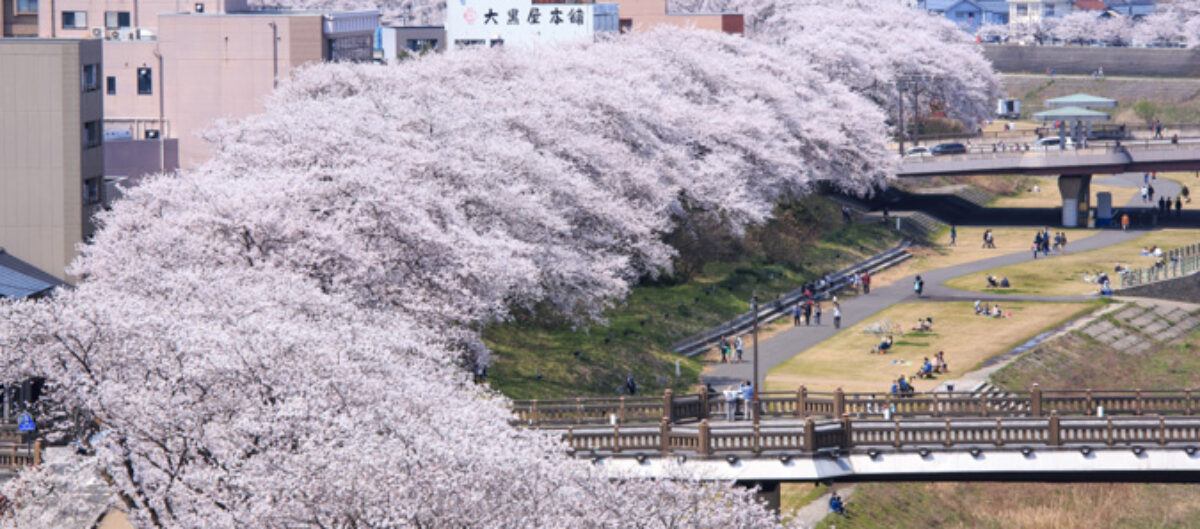
December/23/2021
Echizen uni(越前うに in Japanese) is salted sea urchin. Echizen(越前) is the name of a region in Fukui. Uni(うに), or sea urchin, is a small sea creature with a round shell covered with spikes. Echizen uni is a specialty of Fukui.
Do you know what the top three delicacies are in the West? (By delicacies, I mean foods that are rare and delicious.)









